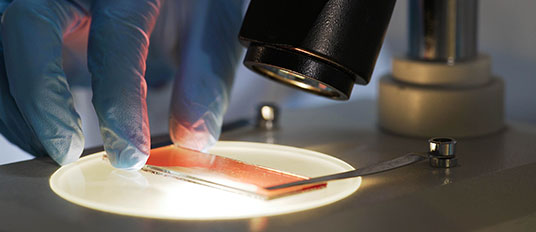Biomedical EngineeringMS

Biomedical engineers are on the cutting edge of medicine and engineering, creating life-changing technologies. A master’s degree in biomedical engineering prepares you for research and careers in the biomedical industry as well as research at the doctorate level.
Explore the inner workings of living cells with the Lattice-Light Sheet Microscope
Video

Requirements
Admission RequirementsRequirements
- 3.0 GPA
- 3 letters of recommendation
- Official GRE scores
Bachelor’s Degree
- Biomedical Engineering
- Other backgrounds: consult the program
Application Deadline
Fall
February 1
Spring
August 1
Thesis
A research degree involves diving deep into a specific topic within your area of interest
and completing and defending an master’s thesis or doctoral dissertation. A match
of research interests between the student and potential advisor is crucial. Students
work one-on-one with a faculty member on a research project, which may offer grant
funding in the form of a research assistantship. Admission decisions are subject to
advisor availability and research match in addition to the applicant’s academic qualifications.
Type
In-Person
Non-Thesis
A non-thesis master’s degree offers enhanced knowledge through advanced level coursework.
Research is not required, although a project may be incorporated into the degree.
Students in the non-thesis option are typically self-funded and are not considered
for assistantship (TA and RA) funding but are eligible for other types of aid.
Type
In-Person